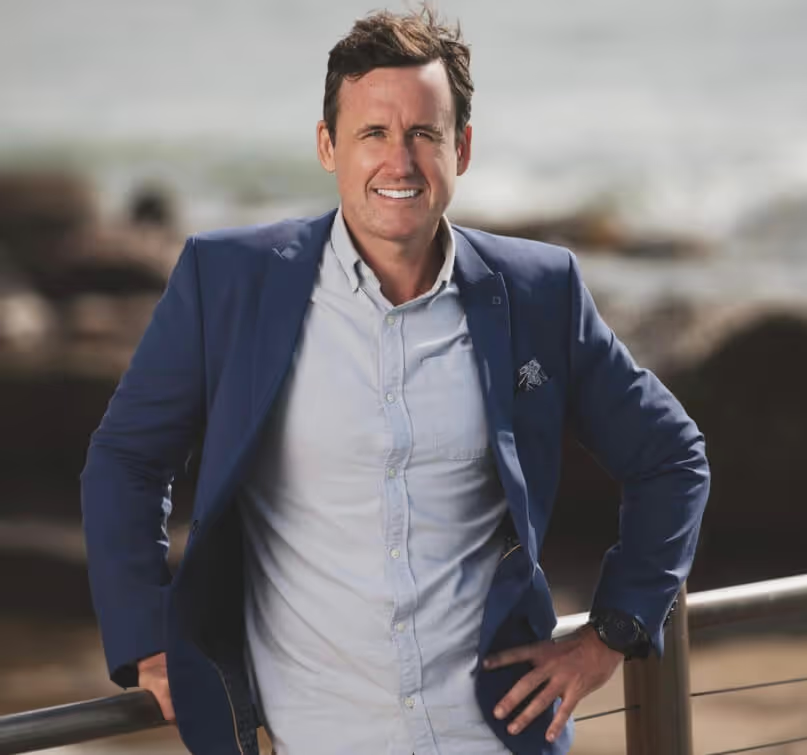First home buyer “must knows”
Buying your first home is an exciting milestone but can also be a stressful experience. If you’re preparing to step onto the property ladder, it’s essential to be equipped with the best advice before you begin. To help you navigate this journey, we’ve put together our top five tips for first-home buyers.

Before diving into mortgage pre-approvals, bank visits, and house hunting, it’s important to familiarise yourself with some critical aspects that every first-home buyer should know:
A Mortgage Is a Significant Financial Commitment
A home loan is likely the largest financial commitment you’ll ever make. It’s crucial to borrow within your means, as overstretching can make it difficult to keep up with mortgage payments. Most mortgages run for terms of 30 years, but this can be shorter or longer depending on your agreement with the lender. The amount you borrow will be divided into mortgage repayments, which include interest. This interest rate can be fixed, variable, or a combination of both, and there are various repayment structures available. A good broker will help you navigate these options.
You Don’t Always Need a 20% Deposit
While a 20% deposit allows you to access the best rates and special offers, the reality is that if you’re in a strong financial position, there are ways to borrow with a smaller deposit. Some banks may approve a loan with as little as a 5% deposit, although this may result in additional costs such as low equity fees or higher interest rates.
Another strategy we often recommend is seeking help from the 'bank of mum and dad,' where your parents guarantee the portion of the 20% deposit you don’t have. This allows you to qualify for better interest rates while only putting down a smaller deposit.
You May Qualify for Government Assistance When Buying Your First Home
In addition to your deposit, it’s worth exploring whether you qualify for any government schemes or grants designed to assist first-time home buyers. Here's a handy link www.firsthome.gov.au
The Costs Extend Beyond the Deposit
It’s no secret that buying a home is expensive, but it’s important to remember that the costs don’t stop at the deposit and mortgage repayments. You’ll also need to budget for other expenses like legal fees, builder’s reports, strata reports, moving costs, and ongoing expenses such as insurance, rates, or body corporate fees.

Top Tips for First Home Buyers
Now that you have a better understanding of the basics, here are our top tips for those looking to buy their first home:
1. Your Financial History Matters
When you apply for a mortgage, the bank will review your financial history in detail. Past financial missteps, such as dishonored payments or overdrafts, can make you appear risky to lenders and could lead to your loan application being declined. Keep your finances in order to avoid any surprises.
2. Pay Off Other Debts
Existing debts, such as personal loans or credit cards, can reduce your borrowing capacity. For example, a car loan of $15,000 will be deducted from your total equity, which could impact how much you’re eligible to borrow. Additionally, while credit cards with rewards points or 0% interest offers may seem appealing, they can also reduce your borrowing potential.
A card with a $5,000 limit could lower your borrowing capacity by around $25,000 or more, even if you have a $0 balance.
3. Demonstrate Your Ability to Afford a Mortgage
Banks are eager to lend money but need assurance that you can afford the mortgage payments. If you’re currently living at home and paying minimal rent, it’s important to show that you can manage the higher payments of a mortgage.
For instance, if your mortgage repayment will be $600 per week, showing that you can save an additional $500 per week on top of your current rent will give the bank confidence that you won’t face financial hardship.
4. Borrow Within Your Means
It’s essential to determine how much you can comfortably borrow and stick to that limit. While buying your first home is important, you also need to ensure you can afford your day-to-day living expenses without sacrificing your quality of life.
Budgeting for costs like food, insurance, education, and entertainment is a crucial part of the home-buying journey.
5. Clearly Define Your Needs vs. Wants
When choosing a home, it’s important to distinguish between what you need and what you want. This distinction will help you make informed decisions and avoid overspending.
For example, while you may want a home with a brand new kitchen for aesthetic reasons, you might need to prioritise being in a certain school zone or having outdoor space for pets. These non-negotiables will guide your decisions and help you stay within your budget.
Final Thought: Getting your foot on the property ladder can be challenging, but with clear goals, careful planning, and the right advice, it’s entirely possible to succeed.

